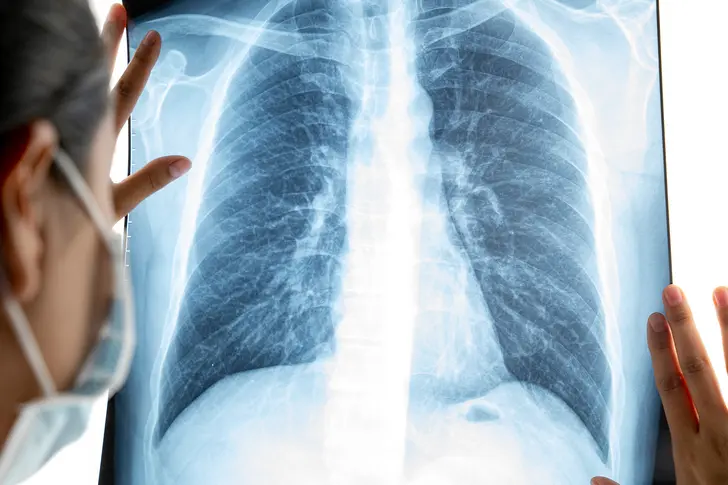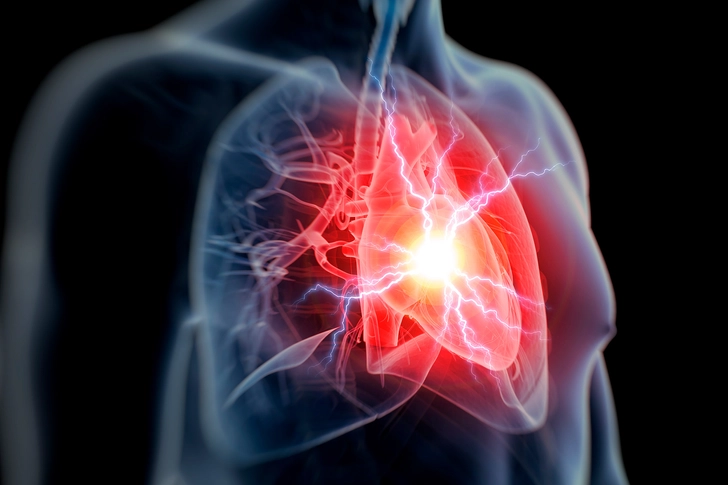- Overview
- Symptoms & Causes
- Diagnosis and Stages
- Treatment & Rehabilitation
- Living With & Complications
- View Full Guide
Telltale Signs: Eight Breathing Problems You Shouldn’t Ignore


Why Is It Important to Identify Respiratory Problems?
Breathing problems can indicate a medical emergency. If ignored, you could possibly suffer from serious medical complications of the respiratory system like pulmonary embolism, pneumothorax, problems with the bronchi, trachea, or other parts of your airway system, or any other conditions that could potentially damage the nerves or muscles of breathing control.
The following are signs that should never be ignored when it comes to breathing.

Shortness of Breath
Many things can cause shortness of breath. They can range from the simple, like being out of shape, to something more life-threatening, like a blood clot. Shortness of breath can present as difficulty getting air in and out of the lungs and throat, acid-base/imbalance, and a decrease in the ability to intake oxygen.

Breathing Problems With Exercise
A small increase in heavy breathing is expected when you exert yourself physically. But certain breathing symptoms should not occur with exercise such as fatigue, high heart rate with a heavy chest, dizziness, paleness, fainting.

Chest Pain
Heaviness or pressure with breathing that causes great discomfort could be a heart attack. The chest pain could occur along with difficulty breathing, sweating, pain radiation through the arm, and nausea/vomiting. Severe chest pain with upper back pain could indicate an aorta tear and is considered a medical emergency.

Persistent Cough
If a mild-to-severe persistent cough accompanied by breathing issues with exertion continues at rest you may have a medical issue. The cough could be a sign of some type of viral inflammation which causes problems with the lungs. This could lead to pneumonia or pneumonitis. It could also be a sign of COVID-19.

Wheezing
If air is not properly passing through your airway, it can cause wheezing. It may sound like whistling when you breathe, or your breathing can sound raspy and faint.

Anxiety
A normal reaction of the body is to have short, rapid breathing when experiencing an anxiety attack. The source of the anxiety should be sought out and resolved to calm down. If not, the anxiety can lead to a panic attack.

Blood With Coughing
Coughing up blood can happen with many noncancerous illnesses like pneumonia, bronchitis, or tuberculosis. Coughing to the point of vomiting can happen from cancer of the stomach, lung, or esophagus.

Lightheadedness
If you are having a problem catching your breath, you could feel light-headed. This could lead to the loss of consciousness. This could be a sign of problems transferring oxygen from your lungs into your bloodstream. It could also be a problem with the heart pumping oxygenated blood through your body.

See Your Doctor
Asthma and other medical conditions related to breathing can affect 1 in 13 Americans. Acute and chronic conditions that cause narrowing or inflammation of the airway can affect anyone. Therefore, people should be aware of symptoms that should not be ignored. Once recognized, it is important to get proper care from your doctor or get to your closest emergency facility.
PHOTO CREDITS:
1. Moment / Getty Images
2. Moment / Getty Images
3. Moment / Getty Images
4. DigitalVision / Getty Images
5. Science Photo Library / Getty Images
6. E+ / Getty Images
7. iStock / Getty Images
8. Tetra Image / Getty Images
9. iStock / Getty Images
10. E+ / Getty Images
11. E+ / Getty Images
SOURCE:
Ohio State University Wexner Medical Center: “Why you shouldn’t ignore shortness of breath."
Unity Point Health: “How to Tell If Your Breathing Is Normal.”
AARP.org: “9 Symptoms You Should Never Ignore.”
Coryell Health: “5 Symptoms of Asthma You Shouldn’t Ignore.”